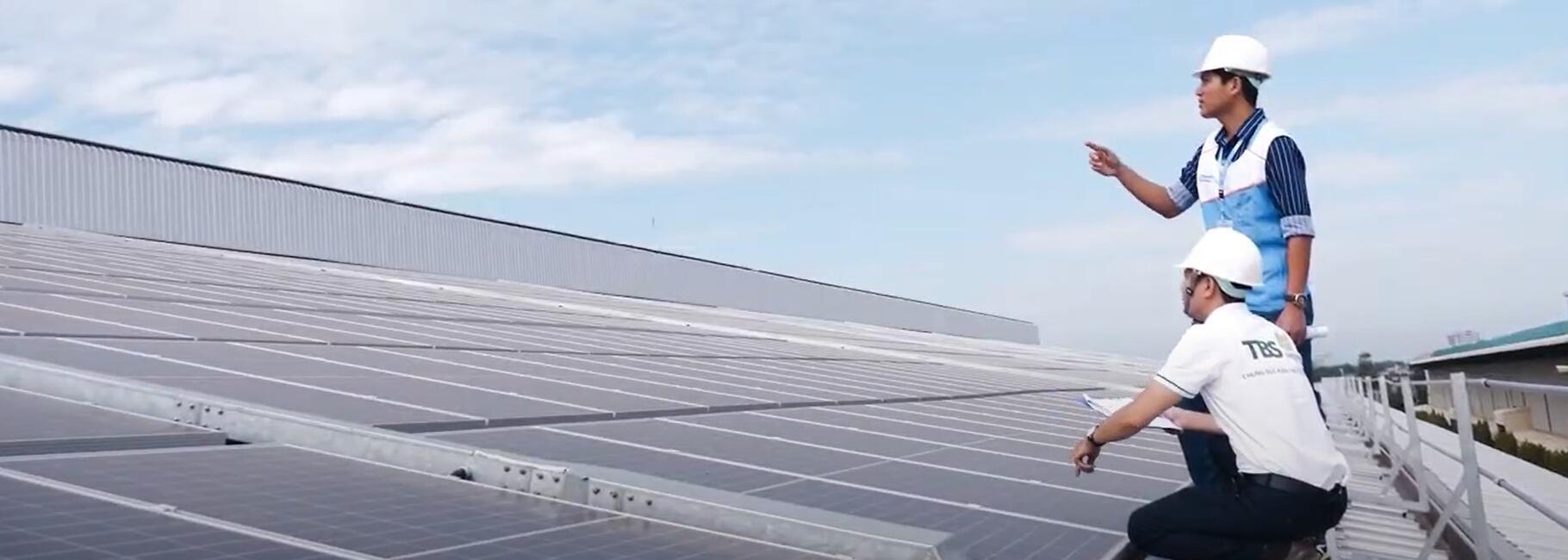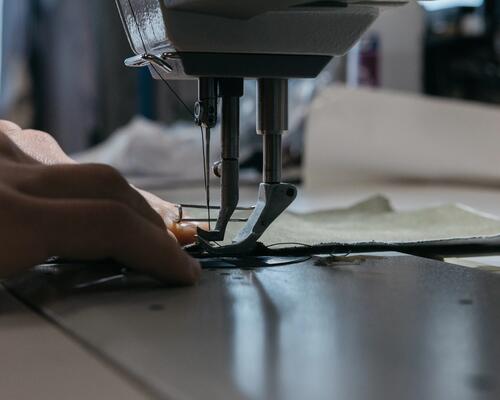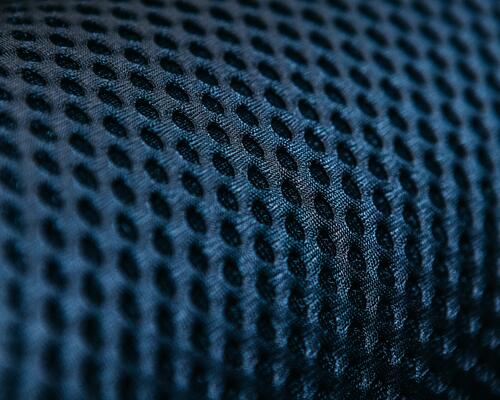2024 highlights
The supplier management tool and the CO2 emissions tracking tool were aligned, to facilitate data collection for the last production sites not yet measuring their energy consumption
- Science-aligned reduction trajectories for 16 new production sites were validated
- The Sustainable Textile Processing project was continued with 18 production sites, aiming to implement process optimisation actions and reduce water consumption and energy losses by suppliers’ machines
- 14 production sites were supported in effectively stopping coal use (switching to biomass) in accordance with their trajectory
- The development of real renewable energy was accelerated with suppliers through the signature of financial contracts for the purchase of electricity and the on-site deployment of photovoltaic panels (63 projects), to reach a total capacity of one terawatt-hour of renewable electricity in 2024.




